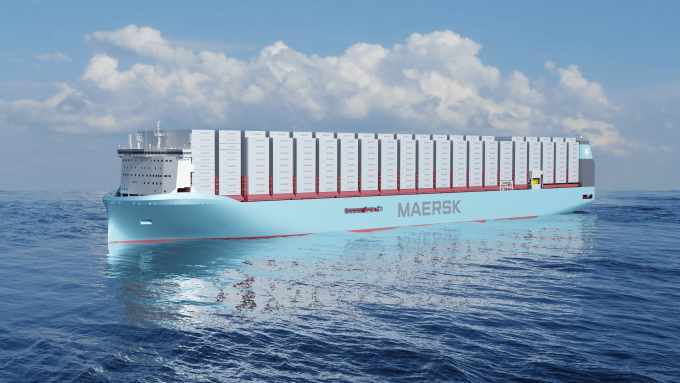Red Sea crisis forces Maersk to increase capacity over strategy limit
Maersk Line appears to have temporarily abandoned its strategy of maintaining capacity at no more ...

Maersk Line has returned to Asian shipbuilders with an order for six 17,000 teu containerships to be powered by green methanol.
The order, with South Korean shipbuilder Hyundai Heavy Industries, takes the number of methanol-powered ships Maersk has under construction to 19.
The vessel swill also be able to run on conventional fuels.
However, the Danish carrier said it was not part of a fleet expansion programme.
“They all come as part of Maersk’s fleet renewal programme and their capacity will replace an equal ...
'It’s healthy competition' Maersk tells forwarders bidding for same business
Transpacific sees first major MSC blanks as rates fall and volumes falter
US shippers slam USTR port fee plan – 'an apocalypse for trade'
Opposition builds for final hearing on US plan to tax Chinese box ship calls
Despite sourcing shifts, 'don't write-off China', says CMA CGM CCO
White House confirms automotive tariffs – 'a disaster for the industry'
Cargo chief quits WestJet as freighter operations cease
New price hikes may slow ocean spot rate slide – but for how long?

Comment on this article